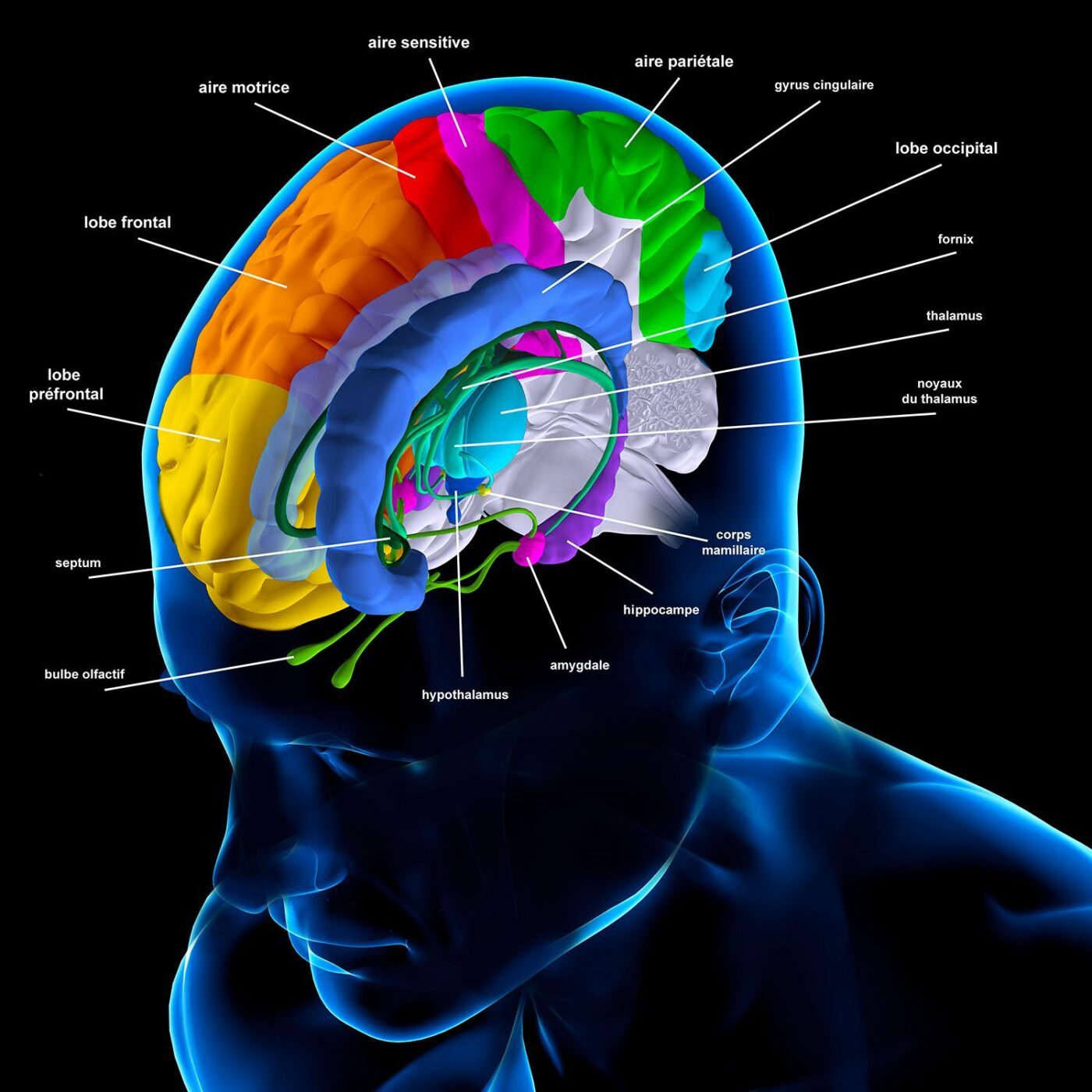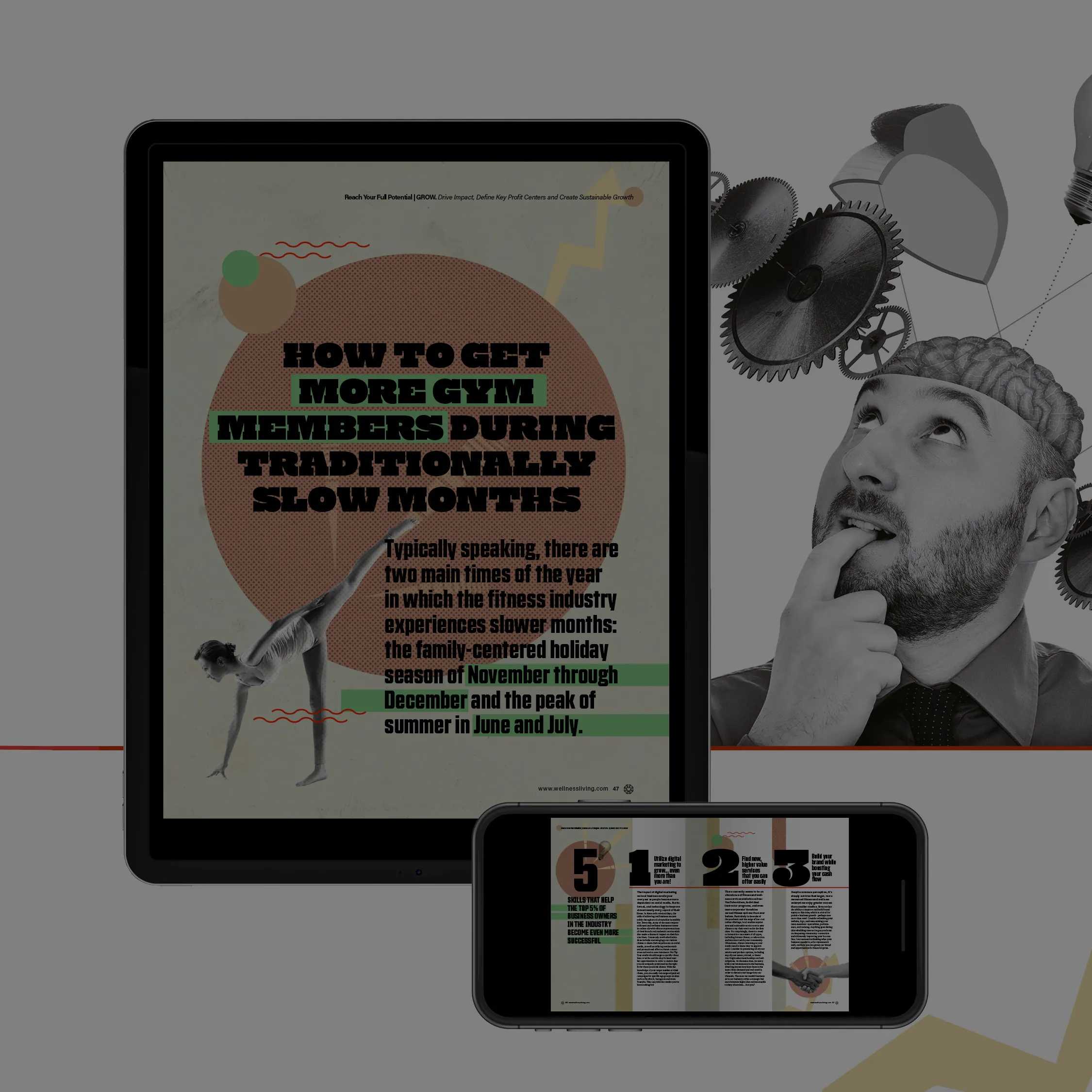HED: Why CEOs Meditate
DEK: The science and success stories that have entrepreneurs and CEOs touting the age-old practice of meditation
It’s no surprise that entrepreneurial powerhouses Oprah Winfrey and Arianna Huffington maintain regular meditation practices. As communication-driven leaders and purveyors of the public share, they’re transparent about their mindfulness habits. However, more of the Fortune 500 set are speaking out about the benefits of dedicated meditation time – from Bill Gates and LinkedIn’s Jeff Weiner (LinkedIn) to Bridgewater billionaire Ray Dalio.
Sitting silently with focused awareness on oneself without interfering with what surfaces isn’t a simple endeavor or a highly talked about technique in most business circles. Yet scientific studies and CEOs agree that meditation sessions can and will benefit cognition and behaviour. Clarity, creativity, mental and physical health are all supported and improved by regular mindfulness practices. In a world that values action, it seems counter-intuitive to sit still and quietly. So the real question is: How does meditation affect your ability to be an effective owner/entrepreneur?
Resilience
Studies show that meditation helps regulate emotions, including fear, panic, and anxiety, which leads to calm under pressure. If you enter meltdown mode every time your churn rate fluctuates or a client complains or a pandemic demands changes in protocols, it will be difficult to effectively make decisions and adjust to changing conditions and trends. The regular practice of getting your Zen on will keep you in the said state when the pressure is on.
Efficacy
Studies in Frontiers in Psychology and Psychiatry Research found that meditation may preserve the brain’s gray matter, which controls how fast you process information. It enhances your ability to absorb large amounts of information and distill it into actionable strategies. It’s also another possible tool in the arsenal against age-related cognitive declines that will keep you in the corporate driver’s seat and enjoying your life longer.
EQ
Mindfulness seats you squarely in yourself, which isn’t a comfortable place for everyone to be. There’s no lying to yourself about motivations, ambitions, or self-doubt. However, braving that discomfort will yield greater self-awareness and emotional intelligence, and lead to more compassion and truth in your relationships with your workmates and at home.
Concentration
Another study in the Journal of Neuroscience compared the brain scans of a group of people who meditated to those who did not and found that meditators showed more stability in their ventral posteromedial cortex – the region of the brain linked to spontaneous thoughts and thinking critically. Meditation can help you to improve your concentration during meetings, comprehend and remember data and remain on-task in executing strategic planning.
Creativity
Research shows that our biggest breakthroughs happen when we are in a more relaxed state of mind. Meditation is an opportunity to take a wet cloth to the marked-up chalkboard of your mind, erasing the stale scrawl of days or even years, and welcoming whatever expresses itself on that blank slate. Meditation promotes the ability to envision a specific solution to a problem, or to encourage out-of-the-box thinking that entertains a plethora of possibilities for a given situation.
How to begin?
The practice of meditation isn’t quite as “prescriptive” as one might like it to be. There’s no formula to determine the number of minutes per day according to body weight or age. It’s a discipline – like your fitness or nutrition regime, that will bear fruit over time, and the only way to explore the benefits is to try it.
Beginner Tips:
- Start small – say, 5 minutes daily or every other day, and work your way up.
- Set a timer so you don’t have to worry about drifting for too long.
- Choose a consistent time when you know will be available most days.
- Select a place that is quiet with few distractions.
- Sit comfortably. No, you don’t need to be cross-legged on the floor. Simply sit erect and aware; lying down is a sleep risk!
- Anchor your awareness. Use guided meditations (apps or YouTube), focus on your breath, scan the body or repeat a word/sound.
- Have open attitude. If meditation isn’t your usual jam, head into it without judgment and simply witness what comes up without interfering.
Keep a journal nearby for post-session notes or in case you have a “eureka” moment. If thoughts intrude and you want to let them go but not forget, it can be helpful to jot them down and then return to your meditation.
Benefits of meditation:
- Lowering blood pressure
- Reducing stress
- Managing anxiety
- Controlling pain
- Improving attention
- Strengthening memory
- Improving self-image
- Enhancing self-awareness
- Improving sleep








